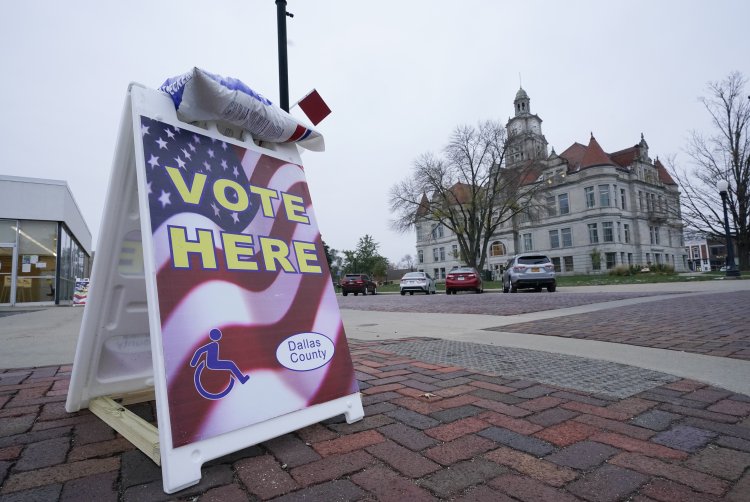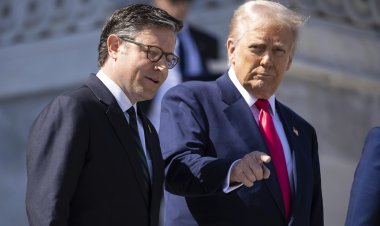19 Democratic Attorneys General File Lawsuit Against Trump for Executive Order Restructuring Federal Elections
Trump’s order quickly raised concerns about its legality among experts in election law.

In the lawsuit, submitted in federal court in Massachusetts on Thursday, the attorneys general maintain that President Donald Trump has “no authority” to demand key aspects of the order, which include requiring documentary proof of citizenship for the national voter registration form and mandating that mail-in ballots arrive by Election Day.
“It bears emphasizing: the President has no power to do any of this,” they state in the suit. “Neither the Constitution nor Congress has authorized the President to impose documentary proof of citizenship requirements or to modify state mail-ballot procedures.”
The lawsuit features prominent figures in the Democratic party. New York Attorney General Letitia James, whose state is participating in the suit, remarked, “Donald Trump’s attempt to control our elections, intimidate voters, and limit Americans’ right to vote is unconstitutional, undemocratic, and frankly, un-American. My office is fighting back to preserve our democracy — one that is fair, just, and accountable to the people.”
This legal challenge is at least the second to question Trump’s order, which was signed on March 25 and has raised legal concerns among election law experts almost immediately.
On Monday, a significant portion of the Democratic party’s fundraising and campaign apparatus joined the first lawsuit, alongside Senate Minority Leader Chuck Schumer and House Minority Leader Hakeem Jeffries, who described the initiative as a “power grab” in their announcement of the suit.
The executive order, which aims to alter election administration across the nation, especially concerning citizenship verification and mail-in voting procedures, was presented by Trump as a measure to combat "election fraud," a claim he has frequently made despite lacking robust evidence.
“Election fraud. You’ve heard the term. We’ll end it, hopefully. At least, this will go a long way toward ending it,” Trump expressed during the order signing at the White House.
The attorneys general contend that requiring documentary proof of citizenship “would impose a significant burden on the voter registration systems maintained at the state and local level,” noting that the order threatens to withdraw federal funding from states that fail to comply.
They argue that this scenario presents “a lose-lose proposition,” as compliance with the order would “disenfranchise lawful voters,” yet the federal funding is deemed “essential.”
States nationwide have considerable discretion in how elections are conducted; however, none permit counting votes cast after Election Day. Some allow absentee ballots submitted after Election Day if they are postmarked by that date, while others mandate that ballots be in election officials' possession by the closing of polls.
The lawsuit contends that by bypassing state regulations and making unilateral changes to federal elections, Trump “dramatically oversteps the limits of Presidential power.”
James del Carmen for TROIB News












